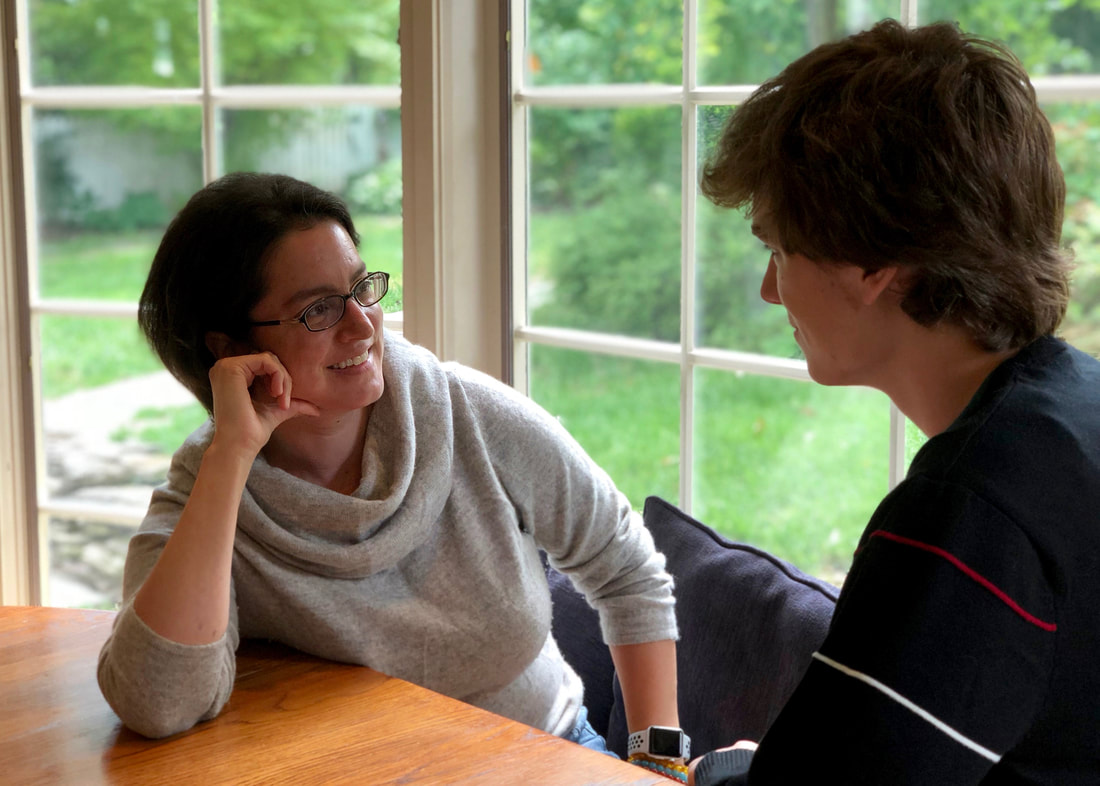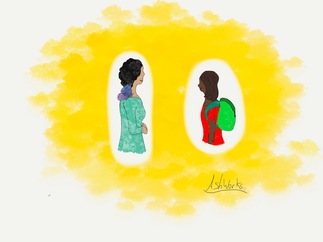What is Coaching?
|
If you’re not sure what it means to be coached, think of it as having a partner to help you figure out what strategies work for you, how you want to use them, and to keep you on track as you advance toward your goals. Coaching relies on client participation and insight. Most of us can remember moments of personal insight much more clearly than instructions given by someone else. Coaching builds from that.
Before entering this field, I thought ADHD/EF coaches just taught ADHD-friendly organizational strategies and encouraged people to stick to it. In my training, I have learned a lot about organizational strategies, study skills, ADHD, executive functions and other forms of neurodiversity. I share what I know to help clients' understand and advocate for themselves. But I don't hand out "solutions." The core of coaching is working in partnership with clients as unique individuals. Instead of advocating one system, I take time to understand their goals, narrow and broad, and then we discover, together, the kinds of approaches that will support them. Working with a client to problem-solve supports their efforts to reach the goal directly in front of them, but also demonstrates and practices how to create and follow through on a plan. Since life likes to jostle even the best laid plans, coaching also teaches how to adjust to circumstances or start over with new insights. |


